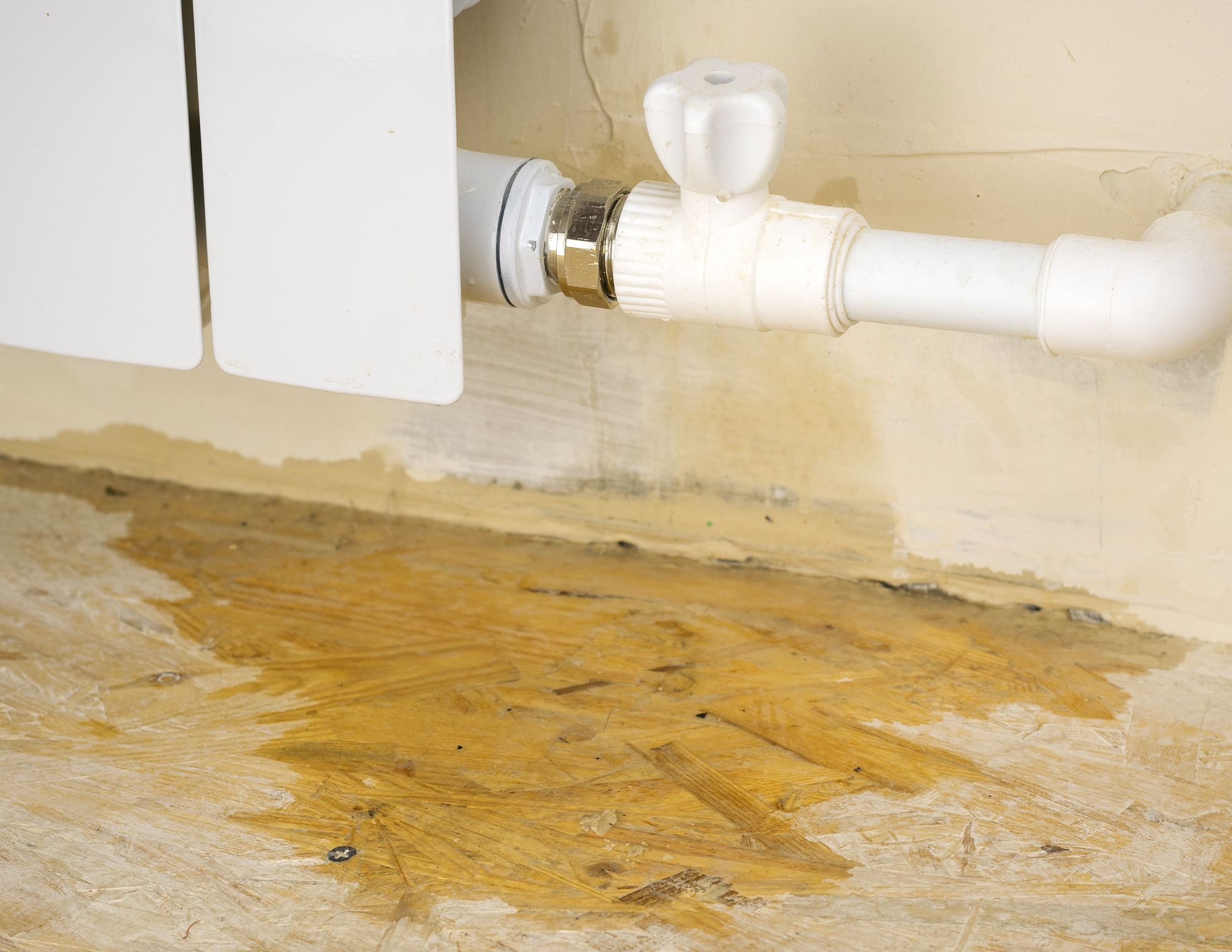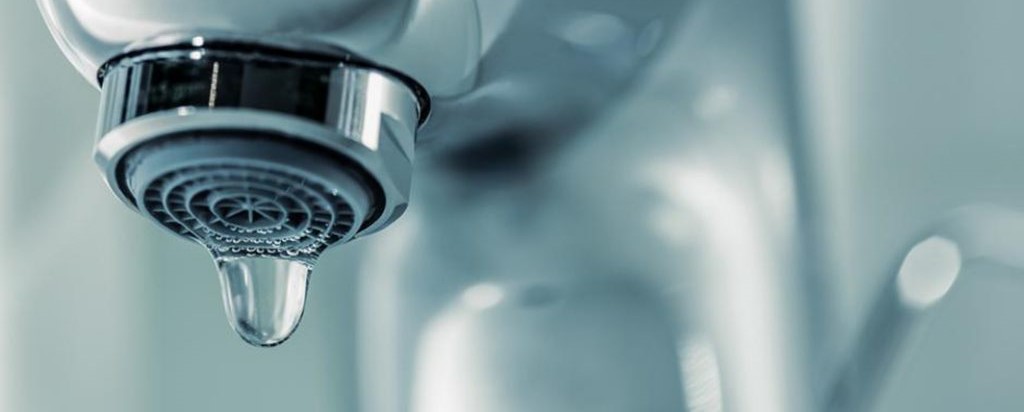The Home's Common Frequent Leak Factors: Examination
The Home's Common Frequent Leak Factors: Examination
Blog Article
Are you trying to find suggestions about How to detect water leaks in your home?

Leaks not only trigger waste of water however can likewise cause unnecessary damage to your home as well as promote unwanted organic growth. By comprehending and also looking for daily situations that trigger leakages, you can shield your residence from future leakages and unneeded damages.
Elbowing in origins
Most water leaks start outside your home as opposed to inside it. If you discover an unexpected decline in water pressure, claim in your tap, take some time to head out as well as examine your lawn. You may observe damp patches or sinkholes in your yard, which could indicate that tree roots are invading water lines causing water to permeate out. You can have your plumber look for invasion, particularly if you have trees or bushes near your residential property.
Corroded water systems
This could be the cause of staining or warping on your water pipelines. If our plumbing system is old, think about changing the pipes given that they are at a higher danger of corrosion than the more recent versions.
Defective Pipeline Joints
The point at which your pipes attach is frequently the weakest web link in the waterline. Pipe joints can wear away over time, causing water leakages. Regrettably, most of pipe joints are not easily visible. If you have loud pipes that make ticking or banging sounds, particularly when the warm water is activated, your pipeline joints are possibly under a great deal of stress. It is suggested to have your plumber inspect your system annually.
Instant temperature level adjustments.
Severe temperature adjustments in our pipes can create them to expand and also contract all of a sudden. This growth and also contraction may create fractures in the pipes, especially if the temperature level are below freezing. If you kept an eye on how your plumbing works, it would certainly be best. The presence of the previously stated circumstances regularly indicates a high danger.
Poor Water Connectors
At times, a leakage can be brought on by loose hoses and also pipelines that supply your devices. Most of the time, shifting is what triggers the loose water Links. You may find when it comes to a washing maker, a hose pipe might spring a leak because of shaking throughout the spin cycle. In case of a water connections leak, you may discover water running directly from the supply line or puddles around your appliances.
Obstructed Drains
Obstructed drains pipes might be frustrating and also inconveniencing, yet they can often end up triggering an overflow leading to rupture pipelines. Keep eliminating any kind of materials that may drop your drains pipes that could block them to stay clear of such inconveniences.
All the above are root causes of leaks but not all water leaks result from plumbing leaks; some leaks may originate from roof covering leakages. All leakages need to be fixed immediately to prevent water damage.
Leakages not just cause waste of water yet can additionally cause unnecessary damage to your residence and also promote undesirable organic development. By comprehending and looking for everyday situations that trigger leakages, you can protect your house from future leaks and also unnecessary damage. Today, we will certainly look at six leakage triggers that might be triggering your pipes to leak.
At times, a leak can be created by loose pipes and pipelines that provide your home appliances. In instance of a water connections leakage, you might notice water running straight from the supply line or pools around your appliances.
How To Check For Water Leak In Your Home
How To Check for Leaks
The average household's leaks can account for nearly 10,000 gallons of water wasted every year and ten percent of homes have leaks that waste 90 gallons or more per day. Common types of leaks found in the home are worn toilet flappers, dripping faucets, and other leaking valves. These types of leaks are often easy to fix, requiring only a few tools and hardware that can pay for themselves in water savings. Fixing easily corrected household water leaks can save homeowners about 10 percent on their water bills.
To check for leaks in your home, you first need to determine whether you're wasting water and then identify the source of the leak. Here are some tips for finding leaks:
Take a look at your water usage during a colder month, such as January or February. If a family of four exceeds 12,000 gallons per month, there are serious leaks.
Check your water meter before and after a two-hour period when no water is being used. If the meter changes at all, you probably have a leak.
Identify toilet leaks by placing a drop of food coloring in the toilet tank. If any color shows up in the bowl after 10 minutes, you have a leak. (Be sure to flush immediately after the experiment to avoid staining the tank.)
Examine faucet gaskets and pipe fittings for any water on the outside of the pipe to check for surface leaks.
Undetected water leaks can happen without the home or business owner even realizing. If you suspect a water leak, but not able to find the source. It is time to contact a professional water leak detection service, The Leak Doctor.
How To Find a Water Leak In Your Home
https://www.leakdoctor.com/blog/How-To-Check-For-Water-Leak-In-Your-Home_AE197.html

As an enthusiastic person who reads about How Fast Water Damage Can Ruin Your Home, I think sharing that piece of content was worth the trouble. You should set aside a second to distribute this write-up if you appreciated it. Kudos for your time. Don't forget to come by our blog back soon.
Act, don't delay! Report this page